|
Newsletter
Seminar Material
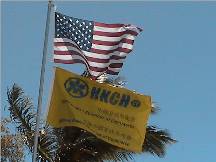
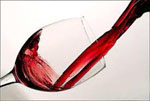


Biz:
China
Hong
Kong Hawaii
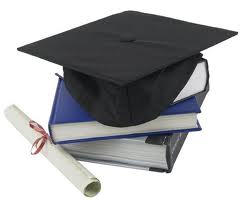
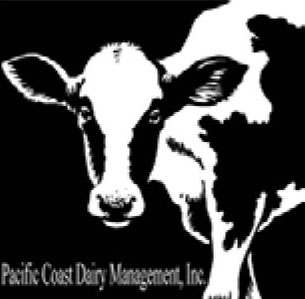
What people
said about us

China
Earthquake Relief
Tax &
Government
Hawaii Voter Registration
 Biz-Video
Biz-Video
 Hawaii's
China Connection Hawaii's
China Connection

 CDP#1780962
CDP#1780962

 Doing Business in
Hong Kong & China
Doing Business in
Hong Kong & China
| |
Partnership with China
Government Share on Facebook
Do you know our dues
paying members attend events sponsored by our collaboration partners worldwide
at their membership rates - go to our event page to find out more!
 |
 |
Listen to MP3 “Business Beyond the Reef” to discuss
the problems with imports from China, telling all sides of the story and then
expand the discussion to revitalizing Chinatown -
Special Guest: Johnson Choi, MBA, RFC. President - Hong Kong.China.Hawaii
Chamber of Commerce (HKCHcc) and Danny Au, Manager, Bo Wah Trading |
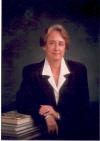
Tuesday, March 24, 2009:
Signing of Closer Economic Cooperation
Arrangement between China.Hawaii Chamber of Commerce of USA and Wujin Oversea
Friendship Association of China Share on Facebook
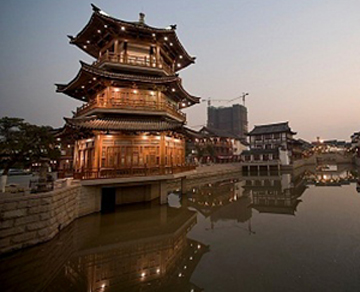
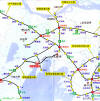 Changzhou City is situated in a very strategic location at the southern part
of Jiangsu Province. Wujin is a district within Changzhou and it is at the
center of Changzhou’s industrial industry. It houses over 20,000 industrial
enterprises with an emphasis on equipment manufacturing. Textile, garments,
electronics, and construction materials are also produced here. Wujin district
is an important transportation hub with a web of railways and highway as well as
proximity to major ports and some of China’s largest airports. Ms. Ni, who leads
a trade mission delegation from China, will speak about business opportunities
with Wujin, Changzhou City, followed by Mr. Mao, who provides an update on what
is happening in this exciting region.
Changzhou City is situated in a very strategic location at the southern part
of Jiangsu Province. Wujin is a district within Changzhou and it is at the
center of Changzhou’s industrial industry. It houses over 20,000 industrial
enterprises with an emphasis on equipment manufacturing. Textile, garments,
electronics, and construction materials are also produced here. Wujin district
is an important transportation hub with a web of railways and highway as well as
proximity to major ports and some of China’s largest airports. Ms. Ni, who leads
a trade mission delegation from China, will speak about business opportunities
with Wujin, Changzhou City, followed by Mr. Mao, who provides an update on what
is happening in this exciting region.
Ms. Ni is Vice Chairwoman of Wujin Chinese People’s Political Consultative
Conference (CPPCC) which is a political advisory body in the People’s Republic
of China (PRC). The organization consists of delegates from a range of political
parties and organizations, as well as independent members, in China. In addition
to this important position, Ms. Ni is also the director of Wujin Overseas
Chinese Affairs Office. The Overseas Chinese Affairs Office is an administrative
office under the leadership of the PRC State Council which assists the Premier
in handling the overseas Chinese affairs. Prior to her political career, she was
a medical doctor and later became the President of Wujin People’s Hospital.

 Click on the small picture to your
left for full view of the agreement
Click on the small picture to your
left for full view of the agreement
Recognition Certificates from Speaker
of the House Calvin Say, Representative Angus McKelvey and Representative Isaac
Choy, Hawaii State House of Representative and Recognition
Certificate from Councilman Charles Djou, City and County of Honolulu, State of
Hawaii

 Click on the small picture to your
left for full view of the Recognition Certificates
Click on the small picture to your
left for full view of the Recognition Certificates
Download Hawaii Innovation & Energy Overview
by Enterprise Honolulu
http://www.hkchcc.org/hawaiicleanenergyoverview2009.pdf
Download Info about Wujin District, Changzhou
City, Jiangsu Province
http://www.hkchcc.org/wujininfo.ppt
http://www.hkchcc.org/wujininfo.pdf
 View
Wujin Business Video on Facebook
http://www.facebook.com/video/video.php?v=82681806983 View
Wujin Business Video on Facebook
http://www.facebook.com/video/video.php?v=82681806983
 World Journal Newspaper Coverage reported on
March 27 2009
World Journal Newspaper Coverage reported on
March 27 2009
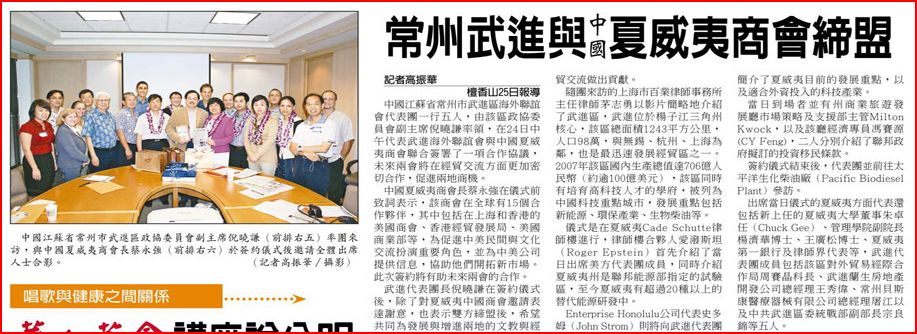
 More pictures on Facebook
http://www.facebook.com/album.php?aid=72037&id=562941983
More pictures on Facebook
http://www.facebook.com/album.php?aid=72037&id=562941983




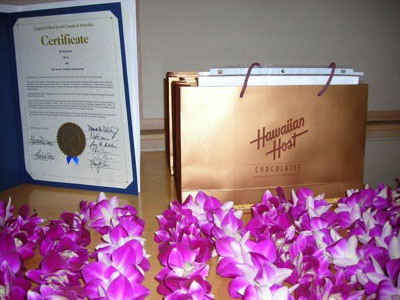
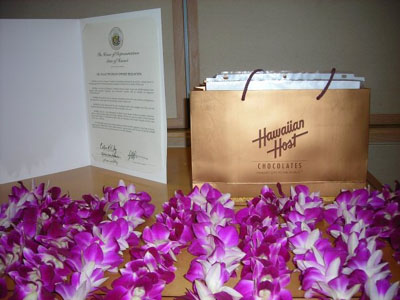
October 20, 2003
"China Hawaii Chamber of
Commerce" and "China Council for the Promotion of International Trade (CCPIT)
Hebei Sub-Council" agree to enhance the liaison and cooperation in the area of
import and export, investment, business information and other commerce related
activities for the benefit of the members of both organizations signed
Memorandum of Mutual Cooperation in Honolulu Hawaii on Oct 20, 2003.
 Governor
Linda Lingle's Commendation
Governor
Linda Lingle's Commendation
 Cooperative
Agreement
Cooperative
Agreement
Sing Tao
Newspaper Website Coverage (PDF File)
Sing Tao Newspaper
Print Version Coverage
World Journal Newspaper
Print Version Coverage (PDF file)
Pacific Business
Newspaper Coverage (PDF file)
Hawaii Chinese News
Coverage (PDF file)
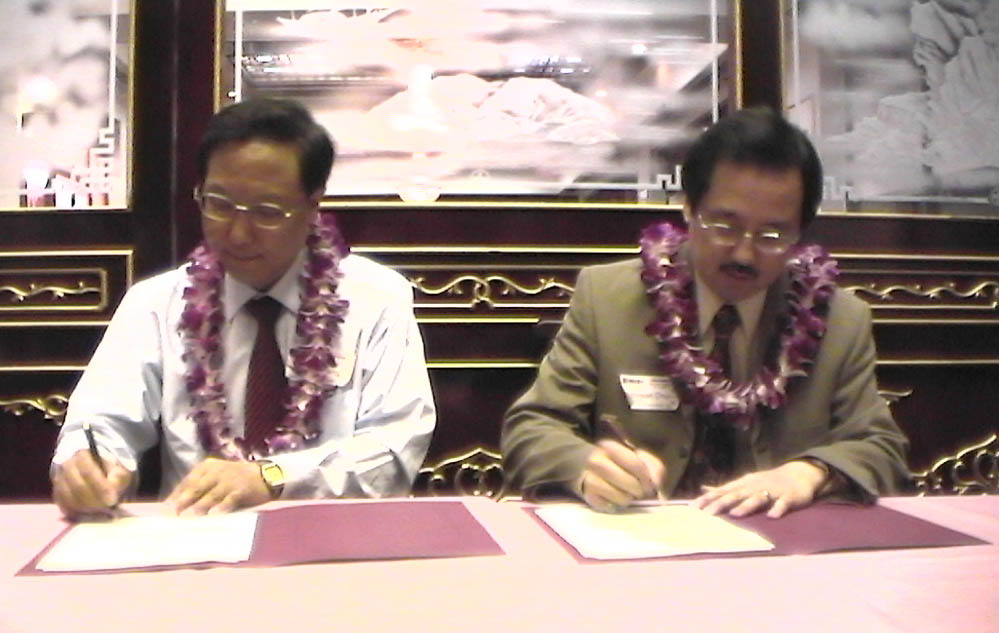
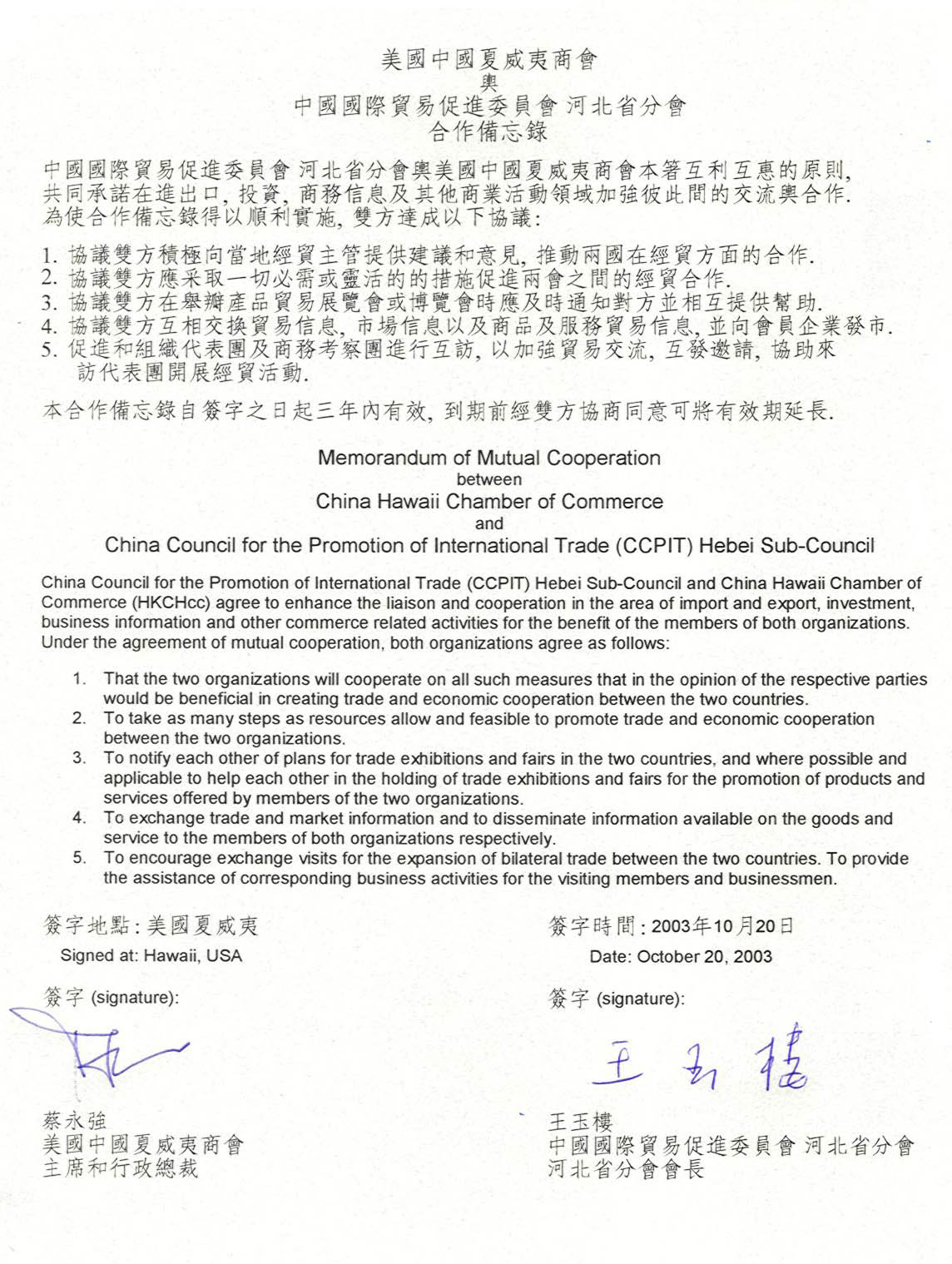



 
 
  

  




February 26,
2004
"Hong Kong China Hawaii Chamber
of Commerce" and "City of Chengde, Hebei, China" agree to enhance the liaison
and cooperation in the area of import and export, investment, business
information and other commerce related activities for the benefit of the members
of both organizations signed Memorandum of Mutual Cooperation in Honolulu Hawaii
on February 26, 2004. Share on Facebook
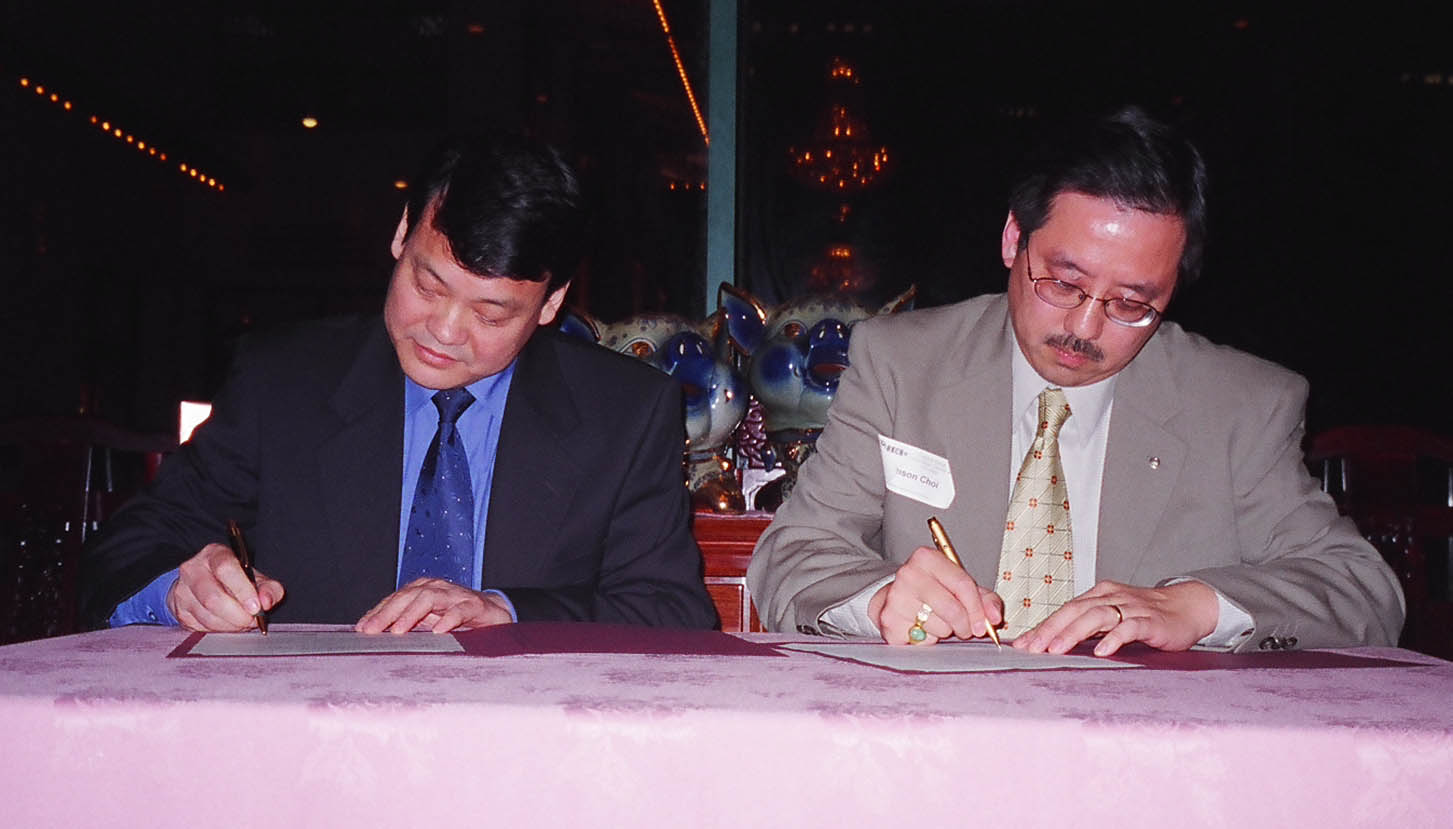
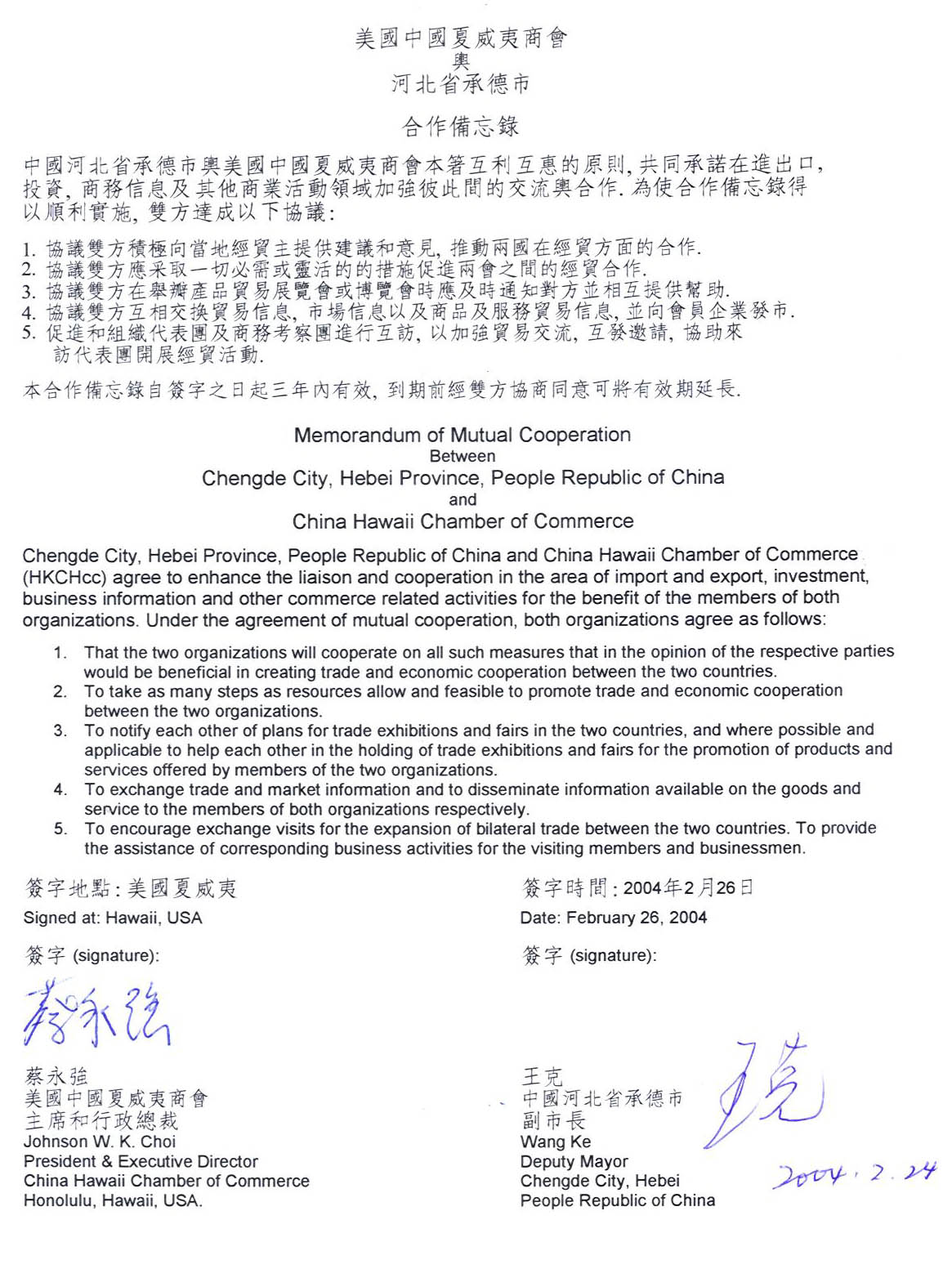
  


 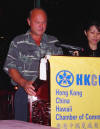



Pacific
Business News
Sing
Tao Chinese Newspaper Web Coverage in PDF Format
Newspaper
Coverage in PDF Format
Hawaii
Chinese News Coverage in PDF Format
World
Journal Newspaper Coverage in PDF Format
    

   

 
 

 
 

   





March 15,
2004
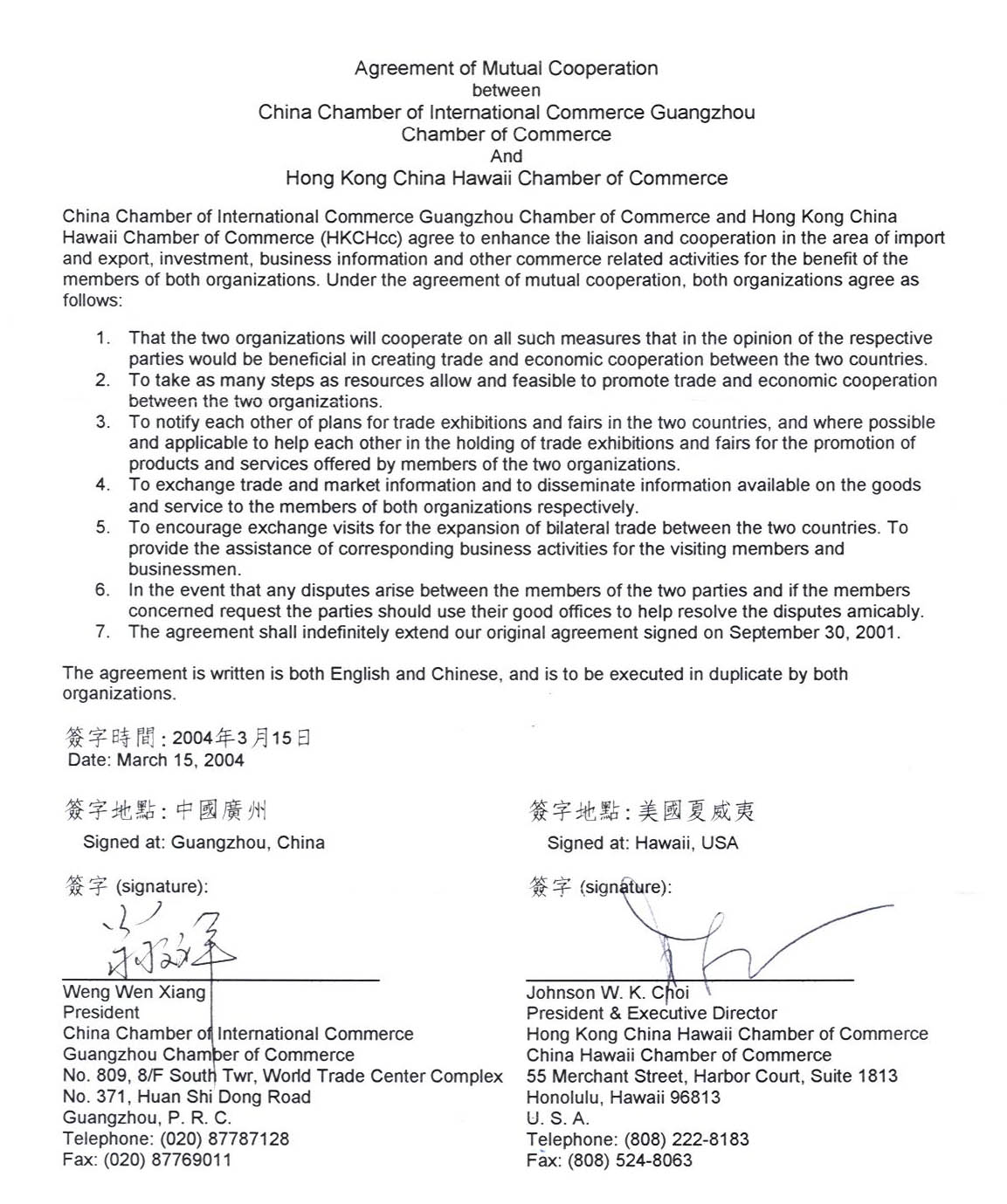
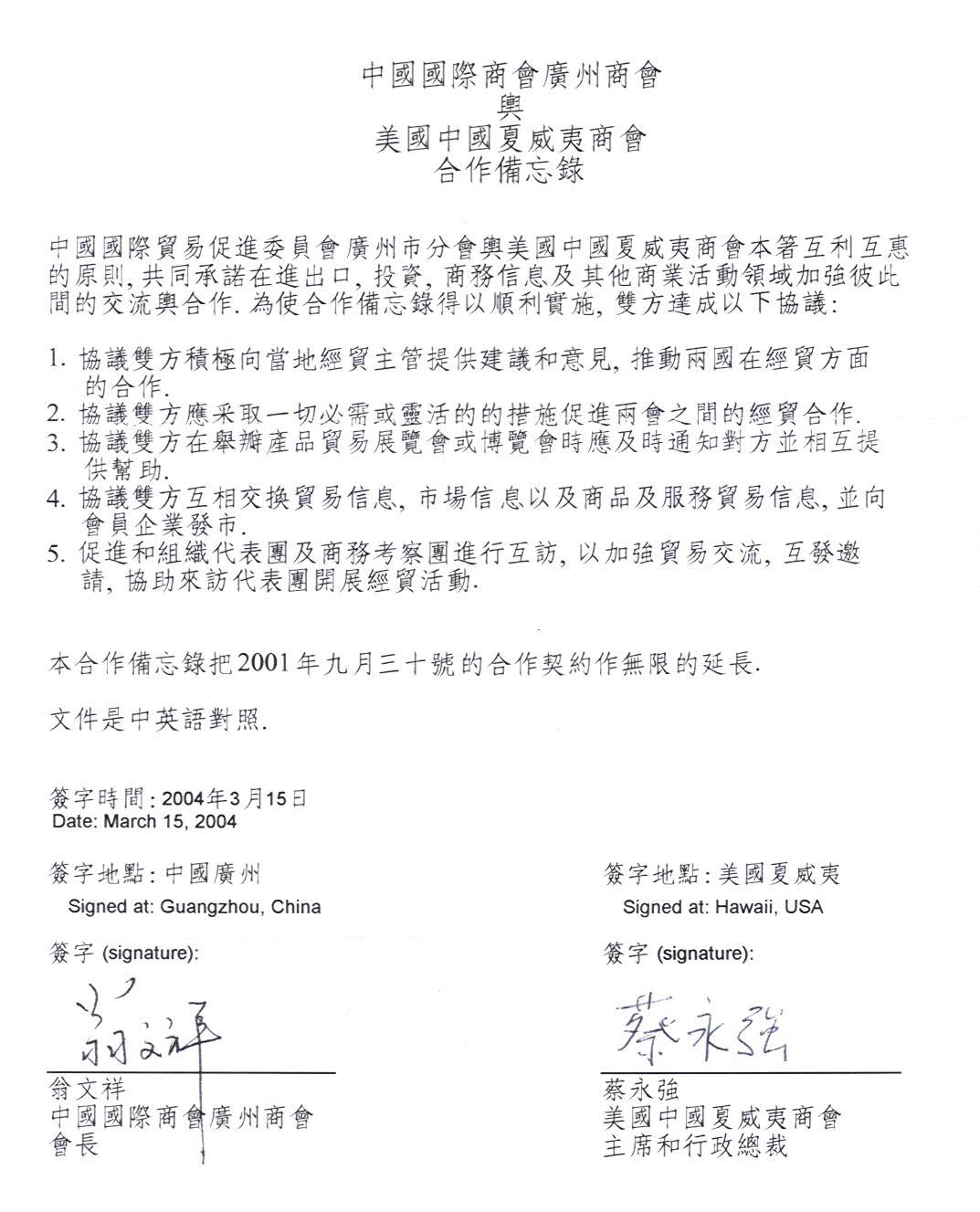
June 24 2011
Unraveling mysteries behind Nixon's 1972 China visit
Share on Facebook
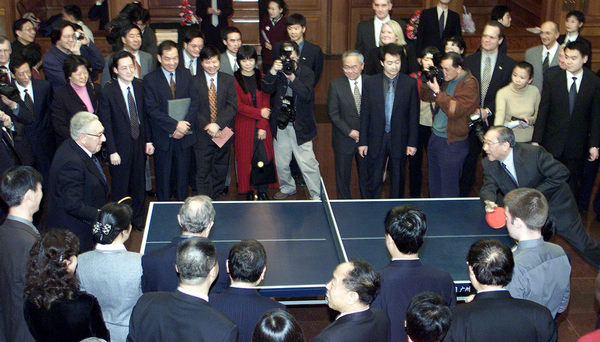
Chinese Vice-Premier Li Lanqing (right) plays ping-pong with Henry Kissinger before a banquet at Diaoyutai, the State guesthouse in Beijing on March 18, 2001.
Ping-pong diplomacy
Although Nixon was interested in using back channels, he also sent messages via the news media. The most explicit was Time magazine's interview with Nixon published in October 1970, in which Nixon said if he couldn't go to China, he hoped his children would be able to go.
On Dec 10, 1970, Mao extended his direct invitation to Nixon during his five-hour talk with Edgar Snow, the American journalist known for his Red Star Over China and other more sympathetic reportage of New China.
As Snow wrote in "A Conversation With Mao Tse-Tung," published in the April 30, 1971, issue of Life magazine, Mao said he welcomed rightists such as Nixon to visit China because the problems between China and the US would "have to be solved with Nixon".
Some Chinese writers suggested that Snow's article came out a bit late and was overshadowed by the more exciting features of the American table-tennis team's visit to China. But in his memoir Crossing the Divide - an Insider's Account of the Normalization of US-China Relations, John H. Holdridge, who was then busy preparing documents for Kissinger's possible secret visit to Beijing, wrote that he spent time "reading and rereading Edgar Snow's Life magazine account of his session with Chairman Mao. . . . In a way, Snow's encouraging account became our road map for the future."
In mid-April 1971, the world watched the drama of ping-pong diplomacy unfold.
According to Xiong, it was Mao who decided to invite the American table-tennis team to visit China as the team was about to return home from Nagoya, Japan. "Mao's decision not only opened up the door for China-US people-to-people friendship but also led to the strategic change in international relations," Xiong wrote.
And it was Zhou who attended to every detail of the team's tour.
As a result, it became "an inspired and theatrical piece of diplomacy that had all the attributes of Zhou Enlai's sophistication, wisdom and sense of tactical and strategic planning," Holdridge wrote in his memoir. He added that Zhou saw to it that "China, not the United States, would be regarded as the initiator of improved relations".
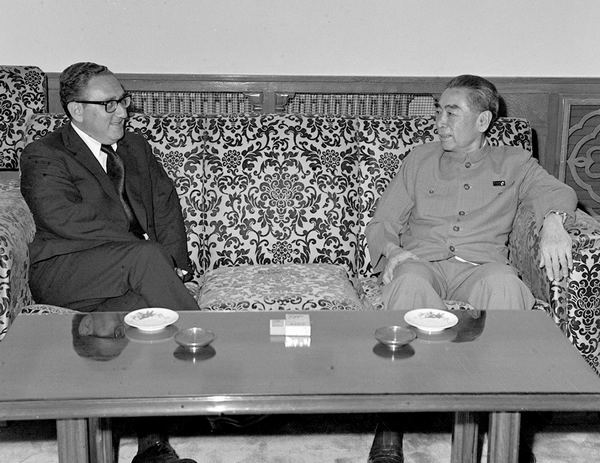
Premier Zhou Enlai meets Henry Kissinger in Beijing in July 1971. Kissinger was then US President Richard Nixon's national security adviser.
Back-channel details
Many tales discussed how both sides explored new channels in Paris, Islamabad and Bucharest, for instance.
Browsing through more than 250 pages of declassified American documents from the National Security Archive titled "the Beijing-Washington back-channel and Henry Kissinger's secret trip to China", one can clearly see how messages were passed between the Chinese and American leaders, not only via their own emissaries but also through heads of state of other countries, including Pakistan President Yahya Khan and Romanian President Nicolae Ceausescu.
Khan delivered Nixon's message, which he received during their talks in October 1970, to Mao and Zhou in November, and returned their message to the White House later that month via Pakistan's ambassador to the US. As Kissinger recalled in his book White House Years, this was the first message from China that had come "from a Head, through a Head, to a Head."
Many recounts were peppered with small details of light moments, such as how General Vernon A. Walters, then US military attache to France, was asked to go as far as "crashing the gate" to establish contacts with Chinese Ambassador Huang Zhen.
Chinese diplomats participating in the Zhou-Kissinger meetings mentioned the almost 2-inch-thick references Kissinger brought with him, in contrast to Zhou's talks from memory. Two American Secret Service agents had to carry what they called "the book" everywhere, even during their tour of the Forbidden City on the morning of July 10, 1971.
Zhang Ying was the wife of Zhang Wenjin, who was in charge of the Foreign Ministry's Western European, American and Oceania Affairs Bureau. While her husband led the small team of Chinese officials accompanying Kissinger's team on their flight from Rawalpindi to Beijing, she was taking care of the American team's accommodations and other protocols at Diaoyutai, the State guesthouse.
She recalled that they placed cigarettes, tea and candies in their rooms. "On the first day, no one touched anything; but the second day, we discovered that there were fewer cigarettes and candies," she wrote in her memoir. And the Chinese added more cigarettes, tea and candies.
"Nothing was left when they left," Zhang recalled.
Years later, Zhang met with Bette Bao Lord, whose husband, Winston Lord, traveled with Kissinger on the mission. She told Zhang that she distributed among her friends the candies that Lord had brought back from Beijing, Zhang recalled.
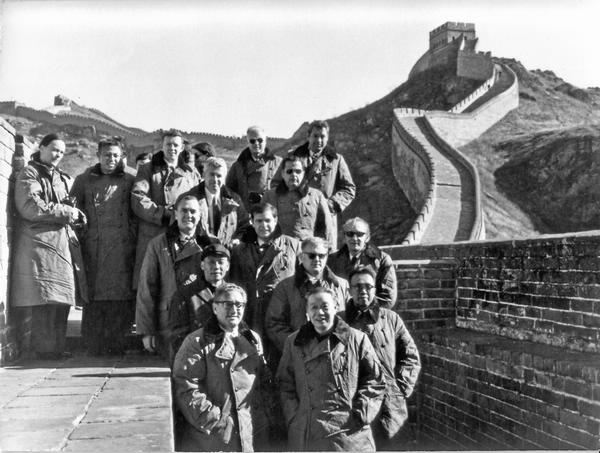
Kissinger (front left) and Ji Pengfei (front right), then vice-minister of foreign affairs, visit the Great Wall in Beijing in October 1971.
'New necessities'
Forty years on, Kissinger has shuttled across the Pacific more than 50 times.
He said at the Asia Society event that in his book he was trying to explain "why that relationship is so crucial for peace and progress in the world and how both sides . . . have to adjust their traditional thinking, or their historic thinking, to the new necessities".
He suggested that the relations between China and the United States must evolve "from crisis management to a sense of community" to deal with what he termed "an international situation for which there is no precedent in history".
"If they don't, every issue in the world will become an issue between great powers, and the danger of matters getting out of control and the loss of the possibility for creative joint efforts would be a tragedy," he said.
The Chinese hope that readers take his following messages to heart. In his introductory speech at the Asia Society event, Zhang Yesui, Chinese ambassador to the US, highlighted one of Kissinger's views that "echoes with the same from ancient Chinese philosopher Confucius, who said: 'A gentleman aims at harmony, not uniformity.'
"It is important for China and the US to recognize, understand and respect the differences and carefully manage bilateral relations, which is of increasing importance not only to both countries but also to the world at large," Zhang said.
"Just as he writes in his book, relations between China and the US need not and should not become a zero-sum game," Zhang said. "What needs to be dealt with is to move from crisis management to a definition of common goals."
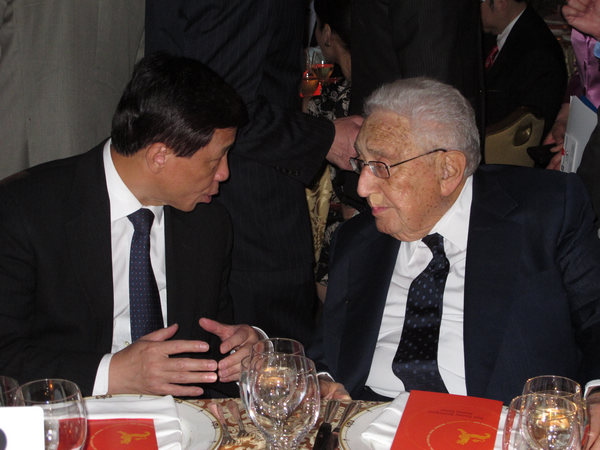
Zhang Yesui, China's ambassador to the US, talks with Henry Kissinger, former US secretary of state, before an Asia Society awards ceremony in Washington on June 15. Kissinger was given a lifetime achievement award by the non-profit organization.
|
![]()
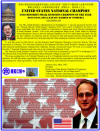 USA Small Business Administration (SBA)
Selected Johnson Choi/HKCHcc
2008 United States
National Champion
USA Small Business Administration (SBA)
Selected Johnson Choi/HKCHcc
2008 United States
National Champion![]()
![]() and follow us
on
and follow us
on
![]()

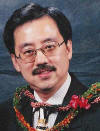
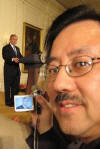
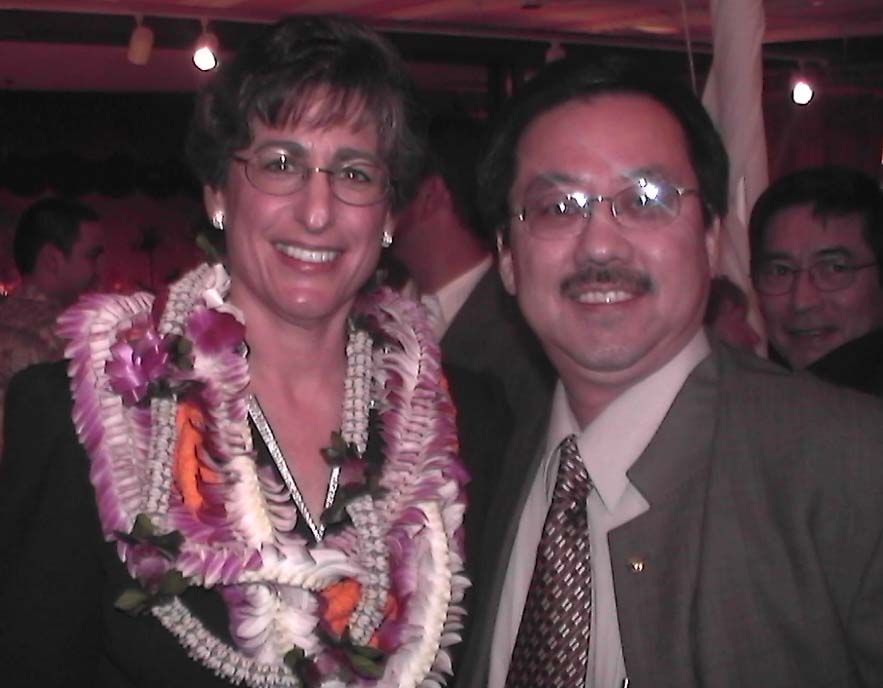
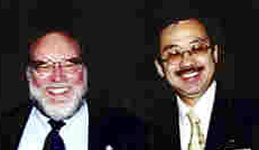
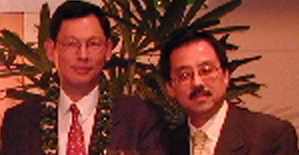
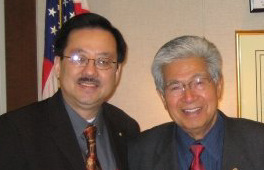


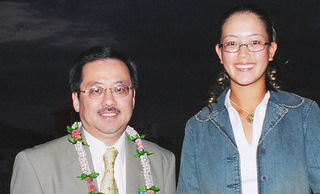
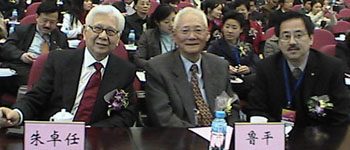





















 View
Wujin Business Video on Facebook
View
Wujin Business Video on Facebook
 World Journal Newspaper Coverage reported on
March 27 2009
World Journal Newspaper Coverage reported on
March 27 2009










































































